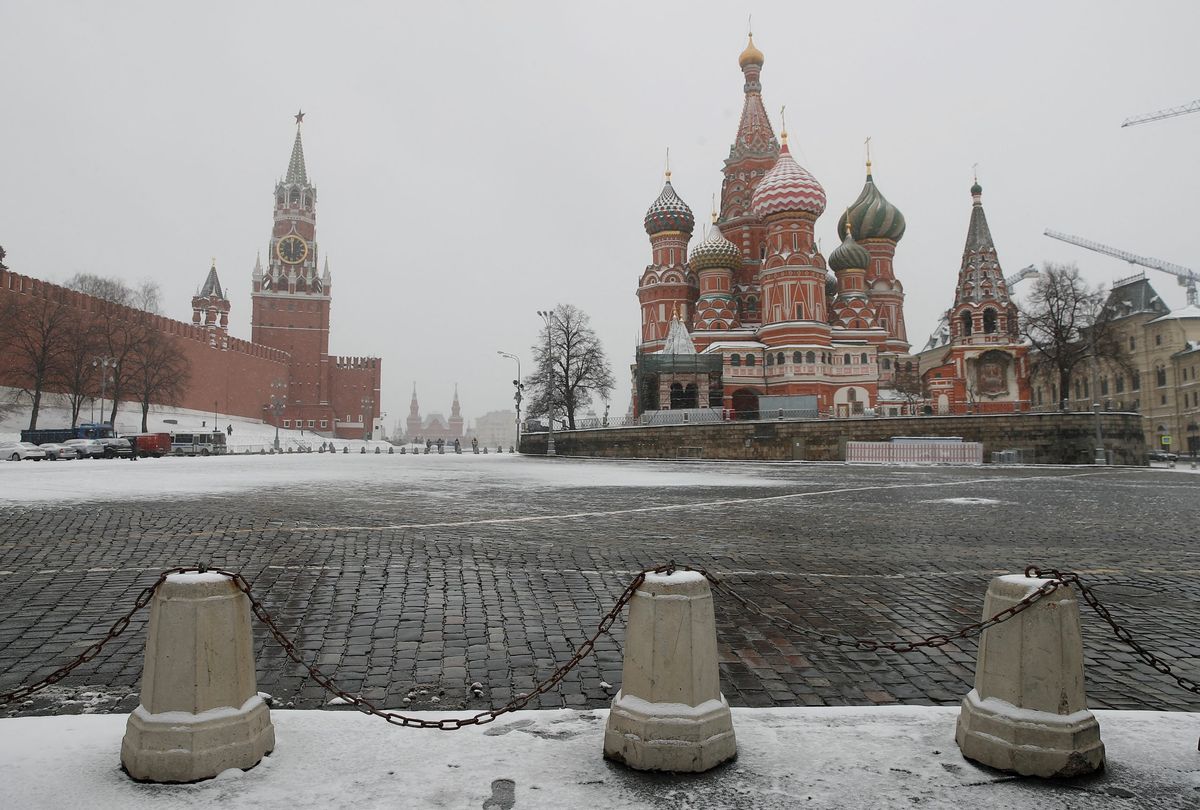What you need to know about Russia’s first foreign debt default in a century

A few minutes every morning is all you need.
Stay up to date on the world's Headlines and Human Stories. It's fun, it's factual, it's fluff-free.
On Sunday, Russia defaulted on its nation’s foreign-currency debt for the first time in a century because of Western sanctions that essentially made it impossible for the country to pay back its creditors. Up to now, the Kremlin has found ways around the restrictions on different payment methods. But, when the grace period for its around US$100 million interest payments ended, it marked a historic first.
But some people are saying that this isn’t a huge deal because of the damage done to the Russian economy since the Ukraine war started, with the people of Russia dealing with a huge economic slowdown and soaring inflation. Russia has said that this default doesn’t really count since the nation technically has the ability and the willingness to pay back its debts, but it’s just being held back by foreign governments. It has now said that all future payments would be made in rubles through a Russian bank, regardless of the original payment terms.
Now the focus is on the bondholders, many of which are expected to just wait to see how the situation unfolds and whether the sanctions ease.
Key comments:
“There is money and there is also the readiness to pay," the Russian finance minister, Anton Siluanov, said last month. “This situation, artificially created by an unfriendly country, will not have any effect on Russians’ quality of life."
“It’s a very, very rare thing, where a government that otherwise has the means is forced by an external government into default," said Hassan Malik, senior sovereign analyst at Loomis Sayles, to Bloomberg. “It’s going to be one of the big watershed defaults in history."
“If you’re in Moscow right now, frankly, if you weren’t reading the newspapers, you’d see there’s been a price increase but otherwise life is as it was before February 24. In March and April there was a lot of concern that products would disappear, that factories would not be able to get components or materials to continue operating, and we could be looking therefore at a severe drop in employment or a rise in unemployment by the summer [or] early autumn. That situation has improved. We’ve seen alternative import routes opening via Kazakhstan and Turkey. The government has promoted what they call a parallel import scheme, so effectively a lot of products that were blocked in March and April are now starting to reappear, albeit at a higher price," said Chris Weafer, chief executive at Moscow-based consultancy Macro Advisory.




Comments ()